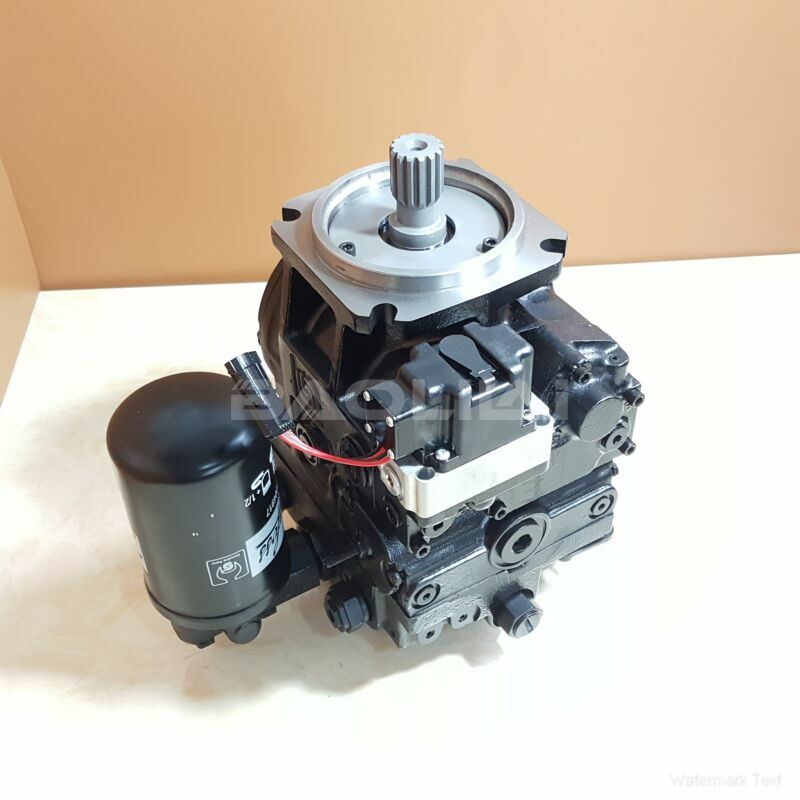90L250HS5EF80T3C8K03NNN424228 hydraulic pump
90L250HS5EF80T3C8K03NNN424228 hydraulic pump

- Product Details
- Applicable Scene
Hydraulic oil pumps play a crucial role in the building and construction industry, serving as vital components in various machinery that facilitate the construction process. These pumps convert mechanical energy into hydraulic energy, enabling the movement and operation of heavy machinery and tools used in construction projects. Understanding the importance, types, and applications of hydraulic oil pumps is essential for maximizing efficiency and safety on construction sites.
90L250-HS-5-EF-80-T-3-C8-K-03-NNN-42-42-28
90L250HS5EF80T3C8K03NNN424228
One of the primary advantages of hydraulic pumps is their ability to generate significant power with relatively compact equipment. This enables construction machines such as excavators, bulldozers, and lifts to operate with high precision and force. The hydraulic system allows for smooth and controlled movements, reducing the risk of sudden jerks or mechanical failure, which enhances overall operational safety.

83018112
There are various types of hydraulic pumps commonly used in building and construction, including gear pumps, piston pumps, and vane pumps. Gear pumps are often favored for their simplicity and reliability, making them suitable for lower-pressure applications. Piston pumps, on the other hand, can handle higher pressures and are ideal for heavy-duty workloads, while vane pumps offer versatility and efficiency, making them a popular choice in mobile equipment.
In construction applications, hydraulic pumps are integral to several functions. For instance, they power cranes that lift heavy materials, hydraulic breakers for demolishing structures, and concrete mixers that require precise control over the flow and pressure of materials. Additionally, hydraulic oil pumps are critical in elevating platforms and scissor lifts, ensuring safe and efficient operation for workers at heights.
Maintenance and monitoring of hydraulic oil pumps are essential to ensuring their reliability and performance. Regular inspections for leaks, wear, and contamination of hydraulic fluid can prevent costly breakdowns and enhance the lifespan of the machinery. Additionally, operators must be trained in the proper functioning and troubleshooting of hydraulic systems to ensure quick response in case of malfunctions, thereby minimizing downtime and risks on job sites.





